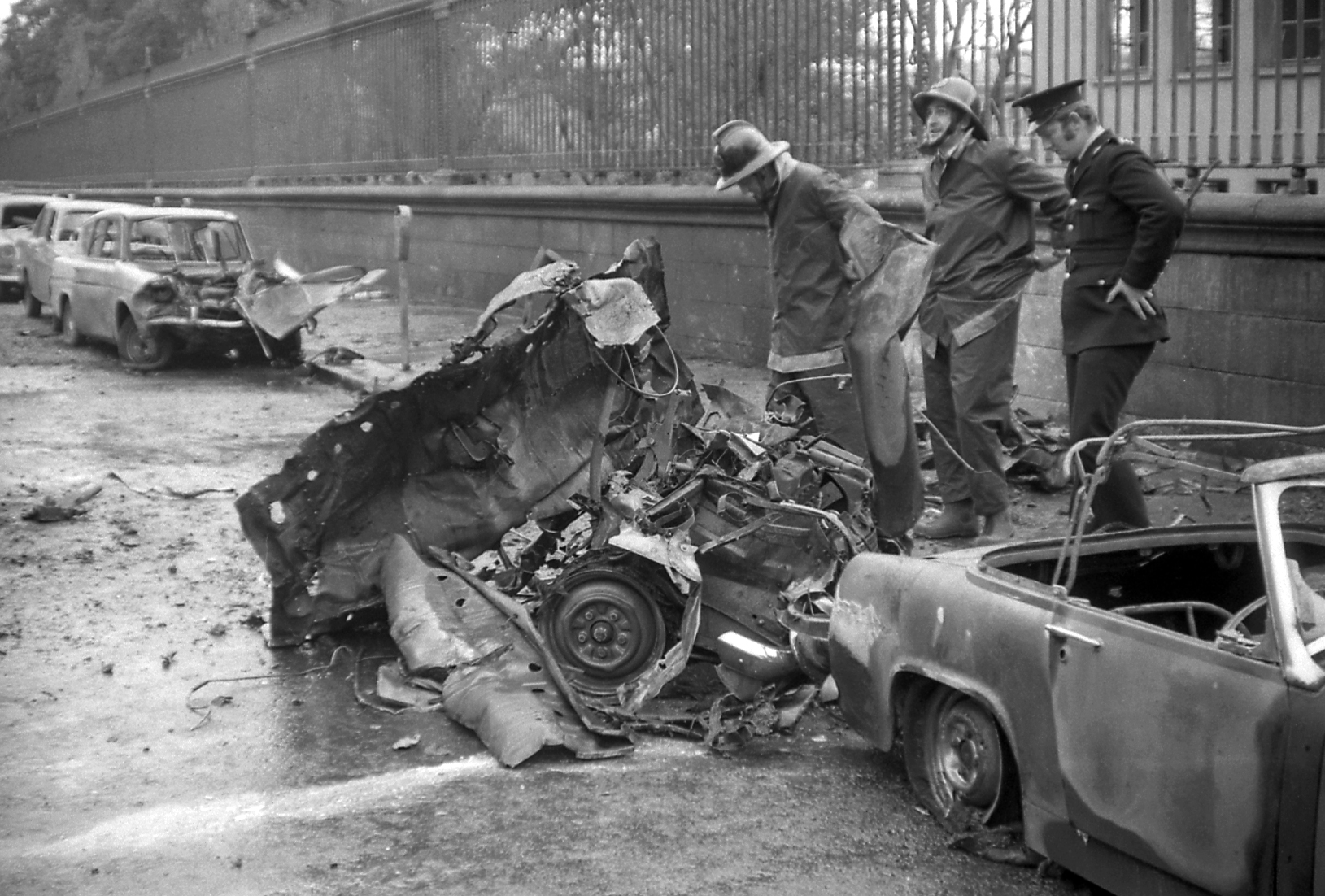
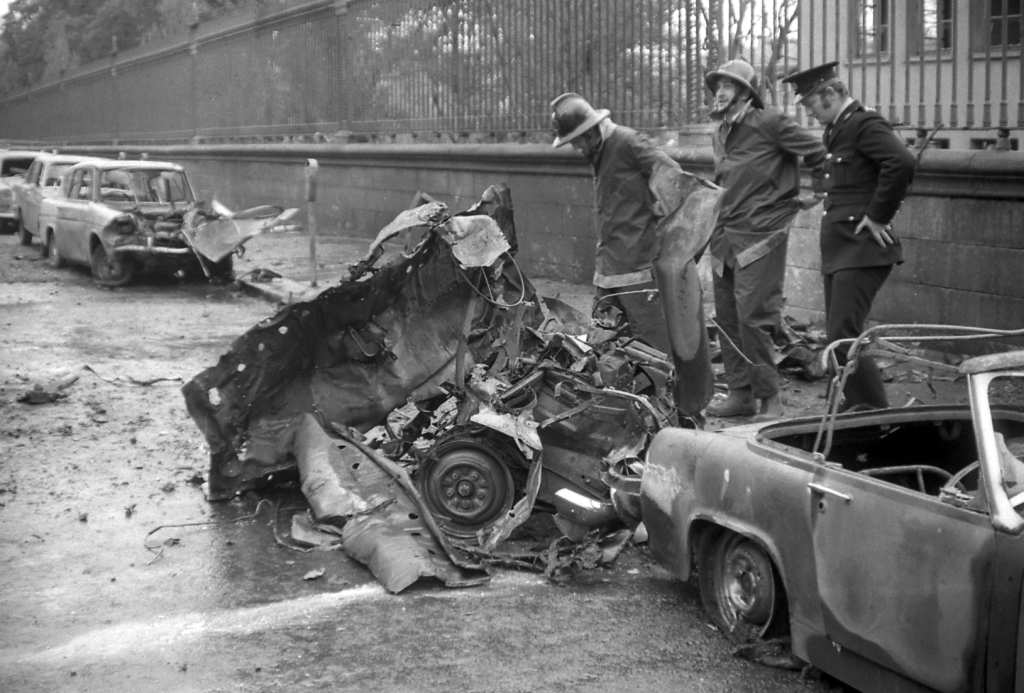
On May 17, 1974, Ireland bore witness to an atrocity so profound that its echoes still reverberate through the halls of its history. The Dublin and Monaghan bombings, the deadliest attack in the Republic of Ireland during the Troubles, tore through the lives of 33 innocent people and an unborn child, leaving behind not just a landscape of rubble and ash, but a nation shattered by grief and unanswered questions.
This was not just an act of terror; it was a calculated assault on a fragile society struggling for peace amidst the chaos of Northern Ireland’s sectarian violence. But the story of the bombings is more than just numbers and dates—it’s a story of lives stolen, families destroyed, and a justice system that has, to this day, failed to fully account for the tragedy.
The Day the Bombs Fell
May 17, 1974, began like any other day. Dublin, Ireland’s bustling capital, was alive with its usual rhythm—commuters rushing, shoppers meandering, and children playing in the streets. Meanwhile, in Monaghan, a quiet town near the Northern Ireland border, life moved at its own gentle pace.
By late afternoon, everything changed.
The Dublin Bombings
Three car bombs detonated within minutes of each other in the heart of Dublin during rush hour:
- Talbot Street: A bustling shopping area, reduced to a scene of devastation.
- Parnell Street: A vibrant street lined with businesses, now engulfed in chaos.
- South Leinster Street: Close to the historic Trinity College, forever marked by the blast.
The Monaghan Bombing
An hour and a half later, a fourth car bomb exploded in Monaghan, compounding the horror and ensuring the day would live in infamy.
The coordinated attacks claimed 33 lives, including a pregnant woman and her unborn child, and injured nearly 300 others.
Who Was Behind the Bombings?
Responsibility for the bombings was never officially claimed, but overwhelming evidence points to the Ulster Volunteer Force (UVF), a loyalist paramilitary group.
The Role of Collusion
What makes the Dublin and Monaghan bombings even more chilling is the alleged collusion between loyalist paramilitaries and elements of British intelligence. Investigations have raised serious questions about how such a sophisticated operation could have been carried out without external support.
While the Irish government has repeatedly demanded answers, successive inquiries have been stymied by a lack of cooperation from British authorities, fueling decades of frustration and mistrust.
The Human Toll
The victims of the Dublin and Monaghan bombings were not politicians or soldiers—they were ordinary people going about their daily lives. They were:
- Mothers picking up groceries.
- Children walking home from school.
- Workers heading home after a long day.
Each name on the list of the dead represents a life cut tragically short, a family left to grapple with a void that can never be filled.
Stories of Loss
Among the victims was Anne Byrne, who was just 21 years old, and John O’Brien, a 24-year-old who had recently become a father. These were lives full of promise, extinguished in an instant.
The Search for Justice
Nearly 50 years later, the Dublin and Monaghan bombings remain an open wound for Ireland.
Irish Inquiries
The Irish government has conducted multiple investigations into the bombings, including the Barron Reports, which highlighted significant failures in the initial investigations. The reports accused British authorities of withholding crucial information, further deepening suspicions of state collusion.
Calls for Accountability
Despite repeated calls for the release of documents related to the bombings, British authorities have refused to fully cooperate, citing national security concerns. This lack of transparency has only heightened the sense of injustice felt by survivors and the families of the victims.
The Impact on Ireland
The bombings marked a turning point in Ireland’s perception of the Troubles. While the violence had largely been confined to Northern Ireland, this atrocity shattered the illusion that the Republic was immune.
Political Fallout
The attacks exposed weaknesses in Ireland’s security apparatus and strained relations between Dublin and London. They also galvanized efforts to bring about peace, serving as a grim reminder of the stakes involved.
Cultural Legacy
The bombings have been immortalized in art, literature, and film, serving as both a memorial to the victims and a stark warning about the consequences of unchecked hatred.
Remembering the Victims
Every year, commemorative events are held in Dublin and Monaghan to honor the victims. These gatherings serve as a testament to the resilience of the human spirit and the enduring demand for truth and justice.
Memorials
- Talbot Street Memorial: A poignant tribute to those who lost their lives in Dublin.
- Monaghan Town Memorial: A quiet place of reflection for a community still healing.
Lessons from the Past
The Dublin and Monaghan bombings are a painful chapter in Ireland’s history, but they also serve as a powerful reminder of the importance of peace and accountability.
The Danger of Silence
As long as questions about collusion and accountability remain unanswered, the bombings will continue to cast a shadow over Irish-British relations.
The Strength of Memory
By remembering the victims and demanding justice, Ireland ensures that their lives were not lost in vain.
Dublin and Monaghan bombings?
The Dublin and Monaghan bombings are more than a historical event—they are a defining moment in Ireland’s story. They remind us of the fragility of peace, the devastating impact of violence, and the enduring need for truth and reconciliation.
In honoring the memory of the victims, Ireland continues to seek answers, not just for those who were lost, but for a nation determined to heal.
Let us never forget the names, the faces, and the lives behind the statistics. May they rest in peace, and may we find the courage to ensure such darkness never descends again.
The Unanswered Questions
While the physical scars of the bombings have long since faded, the emotional and political wounds remain raw. The unanswered questions surrounding the Dublin and Monaghan bombings extend beyond the immediate tragedy and delve into the murky world of political intrigue, state security, and cross-border tensions.
Why Has Justice Been Delayed?
The Irish government has made multiple requests for access to British state files on the bombings. Despite promises, many of these files remain classified. Survivors and victims’ families have grown increasingly frustrated, believing that vital information is being deliberately withheld to protect certain interests.
The lack of cooperation has fueled conspiracy theories and a deep sense of betrayal, not just among those directly affected, but across Irish society as a whole.
Was This an Act of State-Sanctioned Violence?
Evidence of collusion between loyalist paramilitaries and British intelligence agencies, particularly in relation to supplying explosives and logistical support, raises chilling questions. If state entities were involved in enabling or covering up the attacks, it represents a gross violation of trust and human rights.
A Nation’s Resilience
In the face of such tragedy, Ireland demonstrated remarkable resilience. The people of Dublin and Monaghan came together to support the victims, rebuild their communities, and honor the lives lost. Churches opened their doors, volunteers worked tirelessly, and vigils brought people together in solidarity.
Commemorating the Fallen
Year after year, the memory of the Dublin and Monaghan bombings is kept alive through commemorations. Families gather at the memorials, laying wreaths, sharing stories, and ensuring that the victims are not forgotten.
This communal act of remembrance is a powerful reminder that while justice may remain elusive, the dignity and memory of those lost endure.
What the Bombings Teach Us Today
The Dublin and Monaghan bombings serve as a grim reminder of the cost of political and sectarian violence. They underline the importance of peace, transparency, and accountability in a modern democracy.
Lessons in Reconciliation
As Ireland continues to navigate its relationship with Northern Ireland and the United Kingdom, the bombings highlight the need for genuine dialogue and mutual respect. Events like these remind us that unresolved injustices can fester and hinder reconciliation efforts.
The Power of Memory
Remembering the bombings is not just about looking back; it’s about shaping the future. By acknowledging and learning from the past, Ireland can continue to build a society where such atrocities have no place.
The Call for Accountability
The families of the victims have never stopped calling for justice. Their relentless pursuit of answers has kept the Dublin and Monaghan bombings in the public consciousness. Organizations like Justice for the Forgotten have played a crucial role in demanding transparency and ensuring that this dark chapter is not swept under the rug.
Their message is clear: true reconciliation requires truth, no matter how uncomfortable it may be for those in power.
Final Thoughts
The Dublin and Monaghan bombings represent one of the darkest days in Irish history. They remind us of the devastating impact of hatred, the fragility of peace, and the enduring power of community.
As Ireland continues to honor the memory of the victims, the pursuit of truth remains a vital part of the healing process. Justice may be delayed, but the courage of those who demand it ensures that it is never forgotten.
This story is not just about the past; it’s a call to action for the present and future—a call to remember, to seek justice, and to strive for a world where such horrors are never repeated.
May the victims rest in peace, and may their families one day find the closure they so deeply deserve.
Ar dheis Dé go raibh a n-anamacha dílse. (May their faithful souls rest at God’s right hand.)
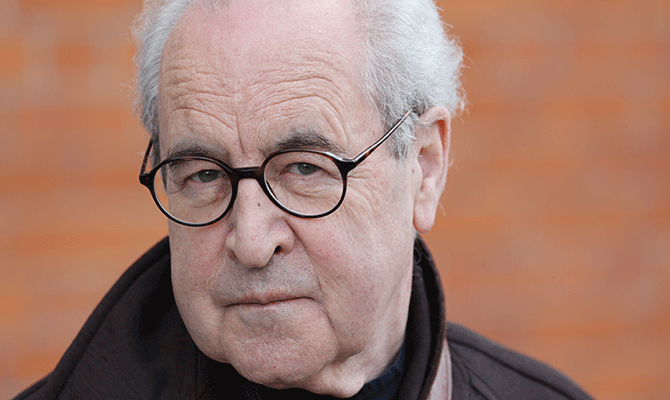
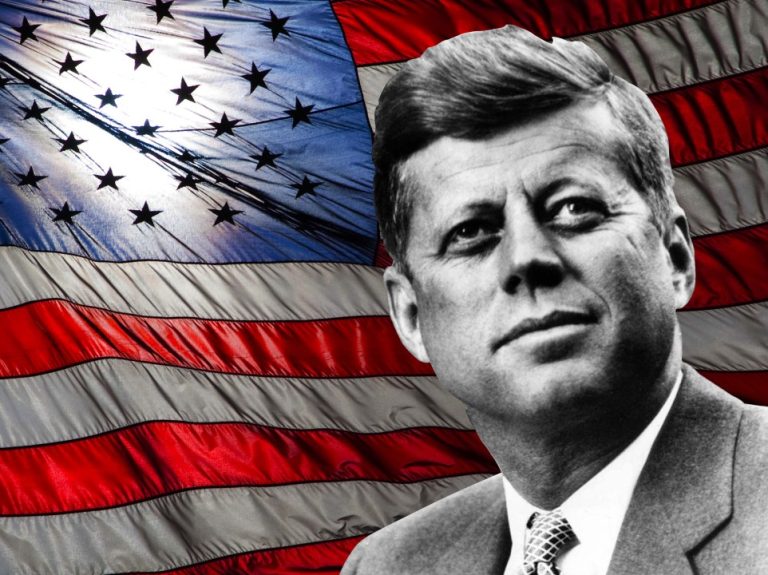

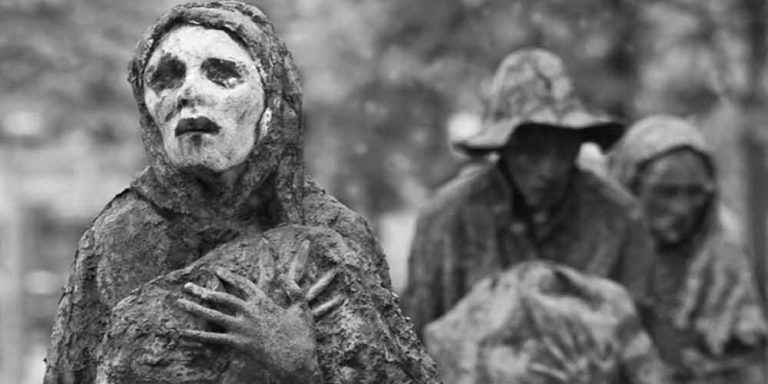
1 thought on “Dublin and Monaghan Bombings?”
Comments are closed.